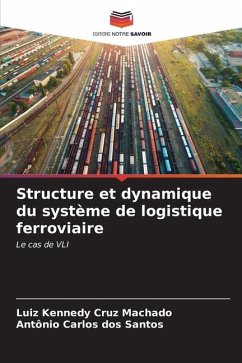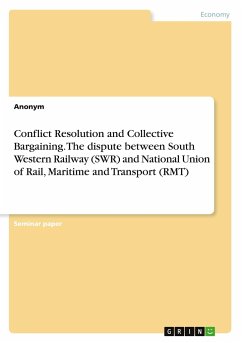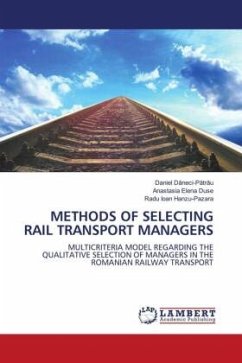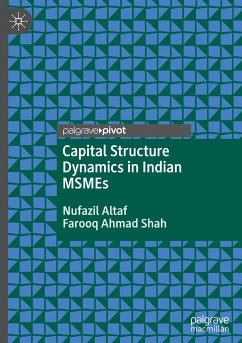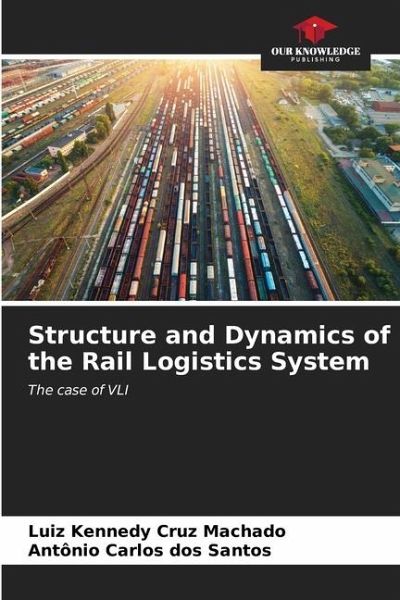
Structure and Dynamics of the Rail Logistics System
The case of VLI
Versandkostenfrei!
Versandfertig in 6-10 Tagen
43,99 €
inkl. MwSt.

PAYBACK Punkte
22 °P sammeln!
A country's economic development is directly related to its investments in infrastructure, more precisely the transportation sector and its various modes that make up the sector's logistics chain. Industrial progress depends on these investments in order to move its products safely, reliably and at the lowest possible cost. The importance of rail transport for Brazil's development is obvious, its main characteristic being its ability to transport large volumes of cargo over medium and long distances, with greater safety and efficiency, when compared mainly to road transport. However, Brazilian...
A country's economic development is directly related to its investments in infrastructure, more precisely the transportation sector and its various modes that make up the sector's logistics chain. Industrial progress depends on these investments in order to move its products safely, reliably and at the lowest possible cost. The importance of rail transport for Brazil's development is obvious, its main characteristic being its ability to transport large volumes of cargo over medium and long distances, with greater safety and efficiency, when compared mainly to road transport. However, Brazilian rail transport is in a critical situation, perhaps due to the focus on investments in the road sector over the last few decades. VLI is a standout on the national rail scene, has been in the process of developing its governance structure over the last few years and is making recurrent investments in infrastructure.





